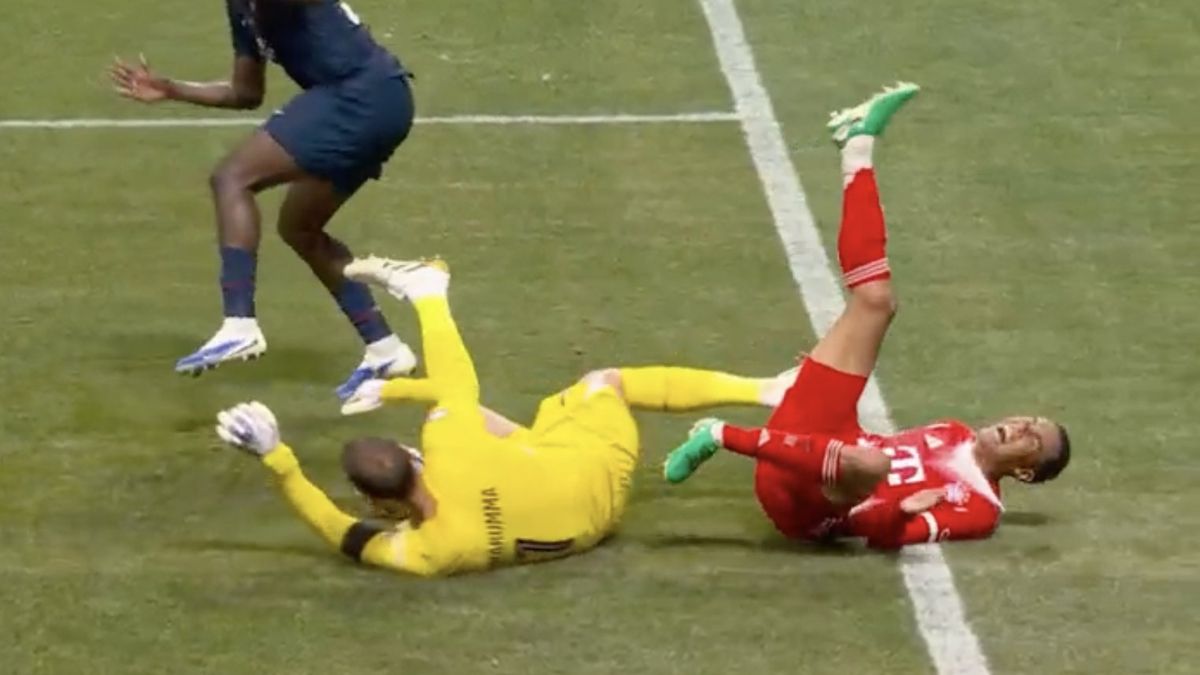Music
Dear solo: Why music bands hardly land big hits left
Copy the current link
Add to the memorial list
The German single charts have been dominated by solo stars for a long time-bands hardly appear there. Why is that? And do music groups really die out?
A “wobble contact” is currently making Germany dance: The catchy tune of the Bavarian songwriter Oimara has been in first place on the single charts – followed by a lot of soloists (Zartmann, Ayliva) and Duetten (Rosé & Bruno Mars, Lady Gaga & Bruno Mars). What you are looking for in vain in the top ten are music bands. And that is no coincidence.
“Bands are now less present in the single charts,” says Hans Schmucker from the market research company GfK Entertainment, which determines the official hit lists. In the 1990s, 37 percent of the songs came in the charts of classic music groups, in the 2000s it was 34 percent. In the 2020s, the proportion is only a lean six percent. “At the same time, duos and collaboration projects, which now make up for 45 percent, are becoming increasingly popular.”
But why is it that the most popular songs obviously no longer come from well-rehearsed music groups? “I think there are fewer bands because it has generally become so much more difficult to make money with music,” suspects the long-time music manager and PR expert Marina Buzunashvilli. “Getting and financing a band with several heads is more difficult.”
Which makes musicians with their money today
In fact, the income of streaming services such as Spotify or Apple Music is becoming less and less – provided you don’t have a superstar status like Taylor Swift. Today musicians make their money primarily through tours and merchandising sales.
In order to “lure” young fans in particular to concerts, celebrities are giving more and more insights into social media such as Tiktok. Identification plays a major role in this. And this obviously works better for individual artists than with several band members.
Song production has also changed significantly in the past decades. Through computer programs such as garage band, everyone interested in music can produce their own songs – in their own bedroom instead of in the band room. Expensive musical instruments such as drums, keyboard or guitar are no longer needed.
For record companies, solo stars bring another advantage: the risk that the band will dispute is eliminated. Among other things, fans of the Eagles, The Police, Guns N ‘Roses or Tic Tac toe can sing a song of this.
A look at the album charts gives a different picture
However, the fact that solo is the order of the day in the single charts does not mean that bands are no longer successful. Because if you look at the sales of albums, a different picture arises. According to GfK Entertainment, groups provided 46 percent – and thus almost half – all placed albums in the 2020s. This proportion has remained relatively constant in the past decades.
“I think bands with a history and a loyal fan base will always sell albums, because that is part of the identity of the fans of such a band,” says Buzunashvilli. This also included concert visits. A look at the concert stages and festival season shows that there are still a lot of sessed bands there, such as Rammstein, Linkin Park, the Fantastic Vier or Metallica.
The return of boy and girl bands
There is also a comeback wave from the 90s and 2000s: Boy bands like Five (“Keep on Movin ‘”) and girl bands such as the Sugababes (“Overload”) go on tour again and can be sure of age (and new) fan love. And maybe you will soon end up a big hit in the charts.
dpa
Source: Stern
I am an author and journalist who has worked in the entertainment industry for over a decade. I currently work as a news editor at a major news website, and my focus is on covering the latest trends in entertainment. I also write occasional pieces for other outlets, and have authored two books about the entertainment industry.




